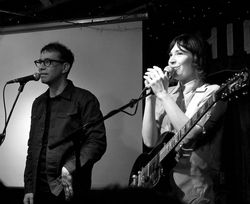Think of this as Volume 16, Number 8 of A-Clue.com, the online newsletter I've written since 1997. Enjoy.

But how do you turn all that into a growth strategy? (To the right, the avatar of the last generation's growth, and its co-creator, Steve Wozniak.)
First, understand where growth will come from, after 2012. The War Against Oil will be a war of ideas, and theories, and tests of those theories in the form of start-ups. The nation that wins this future will have the best environment for not only creating ideas, but nourishing them, testing them, and discarding those that don't work.
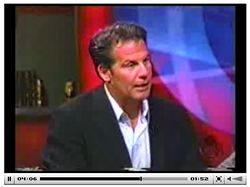
In other words, a university. But not just any university. A research university. It's no longer enough to get a bachelor's degree. That's just the ante in the new race of life, it just gets you into the game. What you need to win is a graduate place, with a mentor who cares about you, and an environment that will say yes.
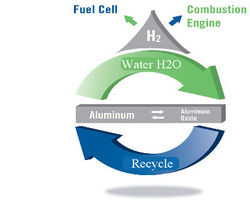
And this is our great economic imperative, to increase the pace of change. We have to change how we power our Earth if we're to save it. We have to find a way to get evolution turned around, moving forward again instead of backward as it's been the last two centuries We have to, in essence, terraform this planet we live on before we can hope to reach for others to colonize.
That's the job before my children, and your children. This is their mission. It's one I think they're well-equipped to deal with, the mission my generation could only name, not come to grips with.
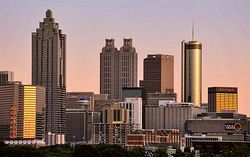
Outside the Perimeter, that's another matter. Our state's politics, and its economic system, are all based on values OTP, Outside the Perimeter. Our political leaders all live in Atlanta's exurbs, and the industry they care about most, the one they come from, is real estate. Not development, but real estate as in the buying and selling of land, and the creation of suburbs further-and-further from the center.
Boston, in Massachusetts, New York (the town so nice they named it twice) and northern California are better placed, and it will take many great cities, many great centers, to create the economic change we seek. Whether Atlanta gets its share of the future is an open question. Whether America does is, in my view, a certainty.
America's ascendance is a certainty because we have most of the great university centers, we have the most developed venture capital structure, and we have the individual liberty people need to thrive in this new age. If there are great minds elsewhere, we'll invite them in. And they'll stay here.
Every other nation that wants to grow has to find a way toward something like the American system of liberty, economic freedom and academic excellence, if it's going to compete in an Internet-connected age.
That means exploding toward an urban center, not diffusing out into suburbs further-and-further away from it. It means embracing difference, not denying it, but looking at the challenges within new ideas and, sometimes, nodding in agreement even if that goes against your instincts.
You can only learn when you change your mind.
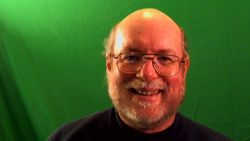
The reason I feel comfortable about the 2012 election and President Obama is that Democrats understand this and Republicans fight it. Economic growth demands that we embrace accelerating change, and Republicans resist it, on every level. American politics have always been about economics driving the train.
What emerges, however, should not be a political victory, but a growth strategy.


